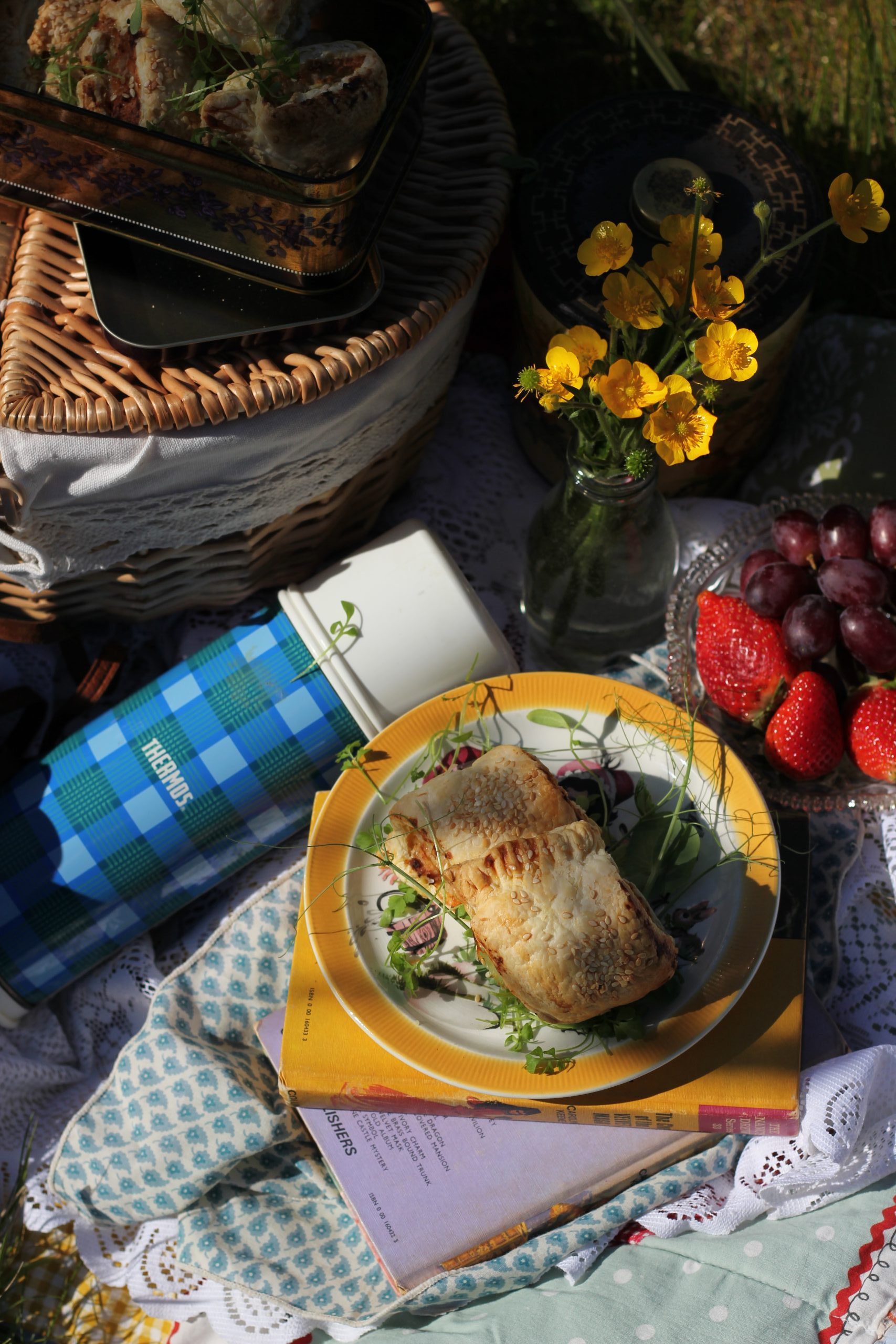
Nutrition For Pregnancy
Thu Jan 22 2015

We’ve teamed up with EUMOM to find out about nutrition during pregnancy, and foods to avoid.
A balanced diet is important at any time in a person’s life, but it becomes vital during pregnancy. There is a lot of research that supports the importance of nutrition in the first 1000 days of life, which starts at conception. The key thing to remember is that you don’t necessarily need a lot more calories during the pregnancy but you do want to be more mindful of the quality of the calories that you chose. Although you will need an extra 200 calories in the 3rd and final trimester.
Early pregnancy:
The need for more nutrients starts at the beginning of the pregnancy. Unfortunately this is the time when tiredness and nausea can really affect women. Eating little and often and choosing healthy snack foods is the best way to get through the first trimester. Get plenty of rest, keep well hydrated and drink plenty of water.
The first nutrient of focus is folic acid, which is essential for the development of your baby’s spine and brain, thereby preventing the risk of neural tube defects. Dark green leafy vegetables, beans, lentils, citrus fruits and fortified foods are good sources of folic acid. It is important to take a 400 µg folic acid supplement daily along with a good dietary supply pre-pregnancy and for the first 12 weeks of pregnancy.
Omega-3 fatty acids are essential for the development of your baby’s brain, eyes and nervous system. The foetus can move their eyes by the 12th week of pregnancy. Aim to eat oily fish like salmon, mackerel, trout, or sardines once or twice a week. Linseed, rapeseed oil, walnuts and fortified foods are also good sources.
Teeth are made from Calcium which your baby will begin to grow as early as the sixth week of pregnancy. Calcium is also needed for bone development. Milk, cheese, yoghurt, tinned fish, fortified soya produce and tofu are good sources of calcium. Interestingly one of the biggest concerns about calcium is the mother’s bone health. This is because a baby will absorb all their nutrition from the mother, leading to issues with the mother’s bones if she has a poor calcium intake. For this reason, women have a higher calcium requirement in pregnancy and should make an extra effort to include calcium-rich foods in the diet daily.
Vitamin D will help you absorb the calcium necessary for good bone health and will also help build your babies stores. Additionally there is research to suggest it affects your baby’s muscle development. Good dietary sources include oily fish, some fortified foods and eggs.
Iron rich foods are vital as the mother’s blood volume increases by an estimated 50% when pregnant, thereby increasing the need for iron to make the necessary extra blood cells. Also, iron is required for the growth of the baby’s brain. Iron rich foods include lean red meat especially beef, beans, eggs, dark green leafy vegetables and some fortified foods. Vitamin C helps the body absorb iron from plant sources like beans and vegetables so lots of colourful fruits and vegetables are a good idea. However it is best to avoid drinking tea with meals as the tannins in tea can impair the absorption of iron from plant foods.
Finally, the need for vitamin C increases by 33% during pregnancy. To meet this extra demand, include colourful fruits and vegetables or a salad at every meal. Getting the balance right is important for both mom and baby and if you feel you need to take a vitamin ensure that you take one that is tailored for pregnancy. Check with your doctor, midwife or dietitian.
For you:
Fibre rich foods will help you feel fuller for longer therefore reduce the temptation to graze on sugary foods. What’s more, fibre will also help reduce the risk of constipation which can occur as a result of changing hormone levels and from the baby putting pressure on your bowels. To boost your fibre intake, focus on increasing your fruit and vegetable intake. Also try and choose wholegrain carbohydrates such as high fibre but low sugar breakfast cereals, brown wholegrain breads, brown rice, sweet potato and potato with skins. Additionally, it is beneficial to include beans, pulses, nuts and seeds in your diet regularly. Remember when you increase the fibre intake you need to increase your water intake too!
Which foods should I avoid?
- Alcohol. No amount of alcohol is safe for the baby
- You do not need to avoid all potential allergens when you are pregnant but if there is a strong family history of peanut allergy it is a good idea to avoid them
- Liver as it contains too much vitamin A
- Raw eggs: ensure the yolk and white are solid when having a boiled or fried egg and avoid homemade mayonnaise
- Rare or undercooked meat
- Unpasteurized milk and milk products such as cheese and yogurt (both cows and goats milk): check the label on farmhouse and imported cheese labels for clarification and avoid soft cheese such as Camembert or Brie and blue veined cheese
- Caffeine intake should be kept below 200mg per day as excess caffeine can have negative effects on baby’s birth weight. On average a brewed cup of coffee as 100-110mg of caffeine and a cup of tea will have about 45mg of caffeine
- High mercury foods should be limited. Tuna contains mercury so limit it to one fresh tuna steak or two small cans of tuna per week. Swordfish, shark and marlin should be avoided completely
At eumom, we’re first for parenting, first for moms and we believe the best part of parenting is celebrating memorable moments together. From big announcements, to joyful arrivals, from first steps to first days of school, we are here for you.






